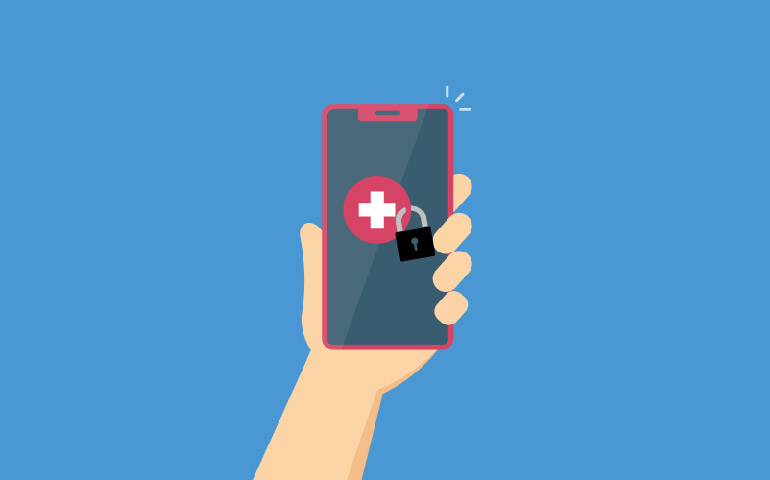McAfee: How to make telehealth safer for a more convenient life online

McAfee shares its top tips on how individuals can protect their personal data online.
Among the many significant shifts in lifestyle during the COVID-19 pandemic, the way we used healthcare was one of the most significant. Providers limited in-person visits, elective procedures were delayed, and we avoided hospitals. In response, we went online and started using telehealth and other virtual solutions in ways we never had before.
McAfee’s latest consumer mindset survey confirms this was more than a passing trend, showing an almost 50% rise since the beginning of the pandemic in the use of PCs and Mobile devices to access health information, meet virtually with health care providers, and manage prescriptions. Survey respondents also showed they adapted by increasing their usage of smart fitness devices, like Fitbits, to track their health.
The hidden cost of convenience
Navigating the healthcare system and accessing more of our services through the web means more of our personal information is now online. From patient intake forms to test results, a great deal of data about our health, including confidential information like vaccination records, is potentially available. Survey respondents confirmed that they shared and accessed their personal health information across the internet, despite 1/3 or more of respondents having concerns for their privacy and security of their personal information.
This trend hasn’t gone unnoticed by cybercriminals. In fact, the US Department of Health and Human Services is currently investigating nearly 800 health-related data breaches impacting nearly 60 million individuals. All of which is to say that telehealth advances may help us avoid sitting in a doctor’s office, but we need to be more mindful about our security when using these new online services.
Maintaining your online wellness
Despite the adoption of many telehealth and online health services, security was still a concern for many of our survey respondents. A majority said the primary reason they do not use smart devices for their personal health was because of privacy and security concerns. Fortunately, just as there is preventive medicine, we can also take preventive cybersecurity measures to keep personal data safer online. Here are a few we recommend:
- Use a VPN when conducting a Telehealth video call with a physician, accessing your medical records, or managing your prescriptions.
- A VPN is a Virtual Private Network, a service that protects your data and privacy online. It creates an encrypted tunnel to keep you anonymous by masking your IP address. This means you can keep prying eyes away from your confidential conversations.
- Use a proven security solution such as McAfee Total Protection on all devices.
- All-in-one protection is a great way to keep your devices, identity, and privacy safer as you go about life online.
- Only use HTTPS connections when accessing a telehealth website.
- Look at the web address in your browser to confirm it starts with HTTPS. These connections add security to your data transfers and help prevent data scraping.
- Use two-factor authentication when authenticating into essential accounts.
- In addition to your password/username combo, you’re asked to verify who you are with something that you – and only you — own, such as a mobile phone. Put simply: it uses two factors to confirm it’s you.
- Practice safe password hygiene, don’t use the same passwords across your accounts and especially not for accessing your health information.
- A password manager is a great way to organise and generate keys for your login.
READ MORE
- Overcoming SaaS chaos: how to pave the way for the future of work
- Many organisations get cloud migration wrong. Here’s how to get it right
- Wealth management industry leads way with AI technologies
- Founder Feature: Neil Purcell, founder and CEO, Talent Works
The shift to managing our health online comes with a few safety considerations. Still, by following the steps above, we can enjoy convenience and access to a healthier life online and off.
For more news from Top Business Tech, don’t forget to subscribe to our daily bulletin!
